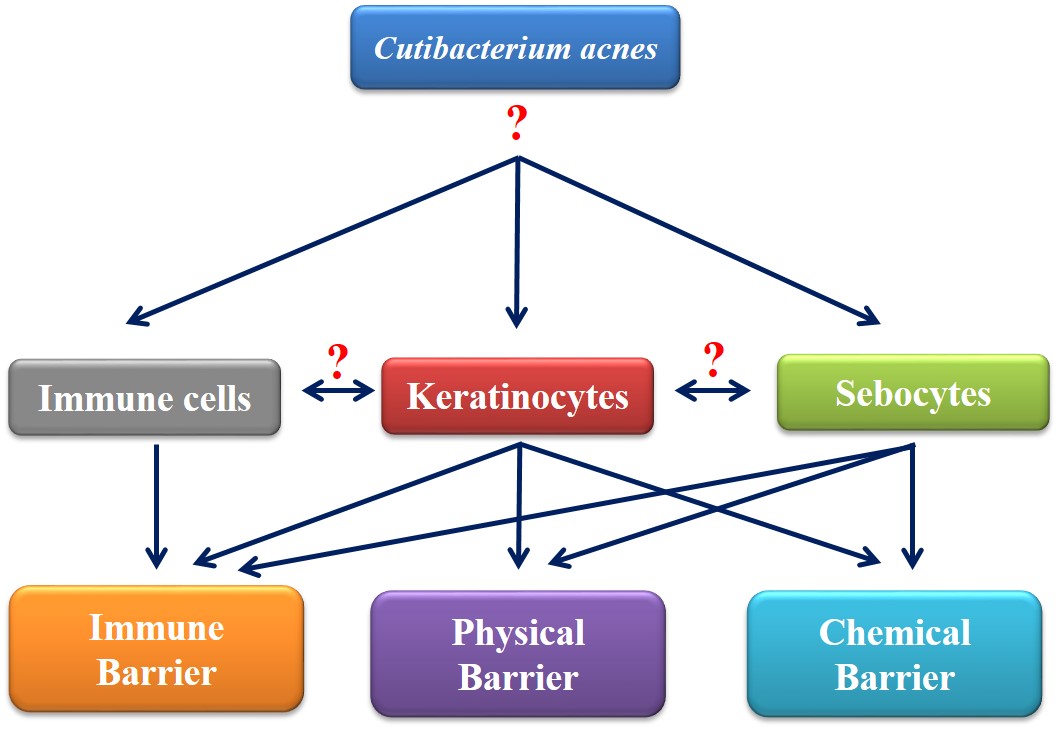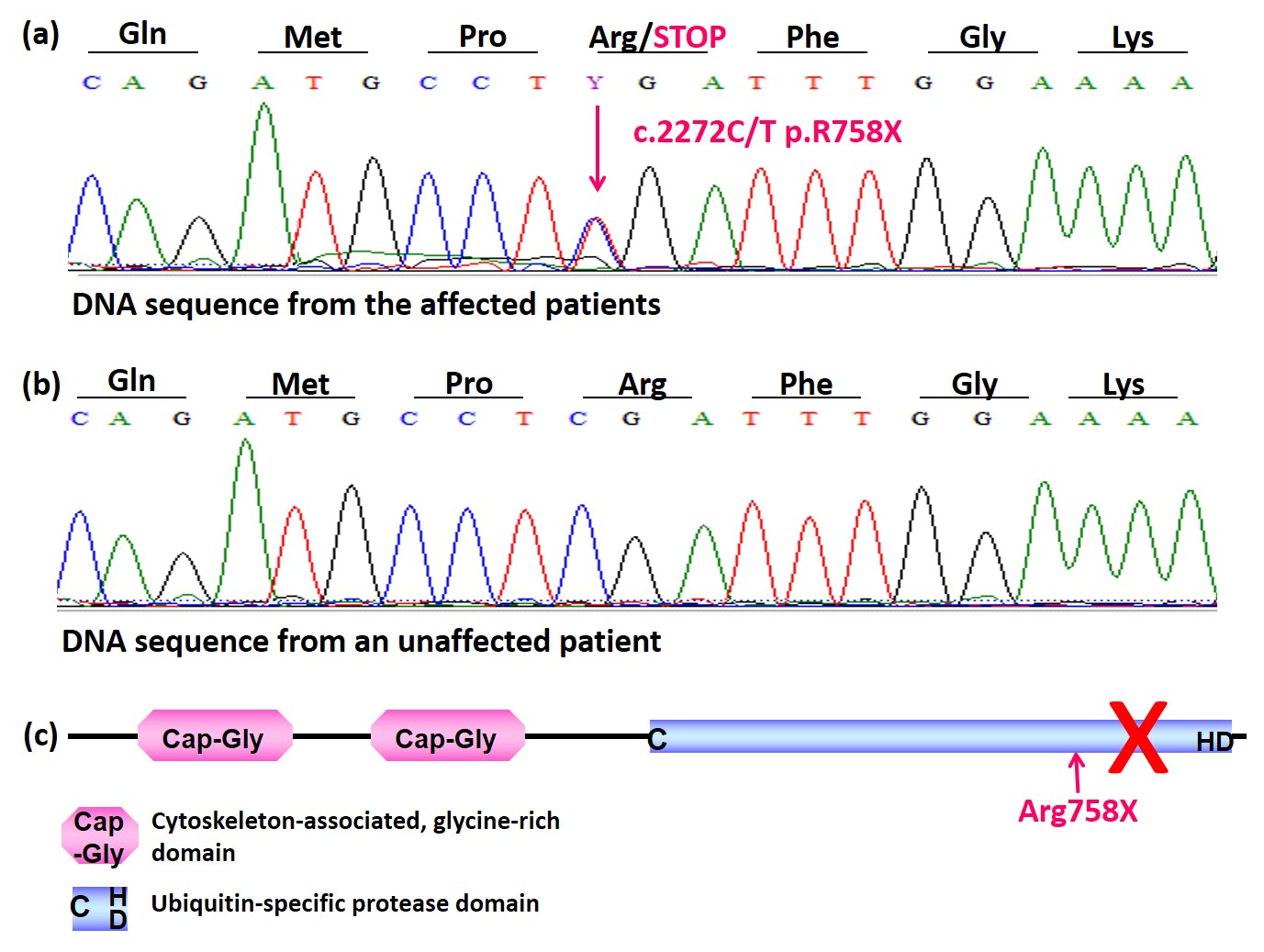MTA-SZTE Dermatological Research Group
Principal investigator: Prof Lajos Kemény, MD, DSC
Projects

Psoriasis (PSO) is a hyperproliferative, chronic inflammatory skin disease affecting 2% of the Hungarian population. During the last years, we focused on the non-lesional (NL) skin of PSO patients. We believe that these healthy looking skin samples have special characteristics that make the patients prone to develop the characteristic symptoms.
Earlier, we identified PRINS, a long non-coding RNA, which is differentially expressed in NL skin of PSO patients, compared to healthy (H) controls. We demonstrated its role in cellular stress response, and in the regulation of pro-inflammatory factors.
We also focus on investigating differences between PSO NL and H skin in crucial components of the basement membrane. Currently, we analyze the expression differences of collagen VII and laminin and investigate the properties of STAT1 regulation in fibronectin and EDA+fibronectin production in fibroblasts.
In previous years-lots of data has been gathered about factors that are differentially expressed comparing NL PSO and H skin samples. Large-scale, high throughput, systematic investigations have been performed in many laboratories comparing mRNA data, but studies analyzing expressed proteins are rare. For this reason, we perform such investigations, compare the expressed protein content of PSO NL, L and H skin samples to gather new insights into disease pathogenesis.

The human skin harbors a specialized microbial flora, which plays a crucial role in the maintenance of epidermal homeostasis, but it can also contribute to the pathogenesis of different skin diseases. In our studies, we aim to characterize different elements of the complex interaction that exists between various human cell types (keratinocytes, sebocytes, as well as innate and adaptive immune cells) and Cutibacteium acnes (C. acnes), a prominent member of our microflora. Using in vitro experimental model systems, we perform a detailed analysis of the innate immune and inflammatory events initiated by the bacterium in human cells and also identify molecules that regulate these events. We also investigate how C. acnes may regulate the barrier properties of our skin.
We also analyze the immunogenic properties of C. acnes. For that, reference proteomes of three different strains were downloaded from the UniProt database, and the binding of all 15 amino acid long frames to more than 600 HLA-DRB1 molecules were analyzed using the NetMHCIIpan algorithm.

The current focus of our research is Brooke-Spiegler syndrome (BSS; OMIM 605041), which is an autosomal dominant disease characterized by skin appendage tumors due to mutations in the cylindromatosis gene (CYLD). Earlier we identified a novel CYLD mutation (c.2806C> T, p.Arg936X) in English (n=2) and Hungarian (n=2) BSS patients, exhibiting large differences in clinical symptoms and disease severity. In order to identify possible factors that are responsible for the observed phenotypic variability complete exome sequencing was performed in these patients. 26 possible variants were identified in the Hungarian patients suffering from more severe symptoms. In silico testing of these potential modifier factors are currently being performed.

